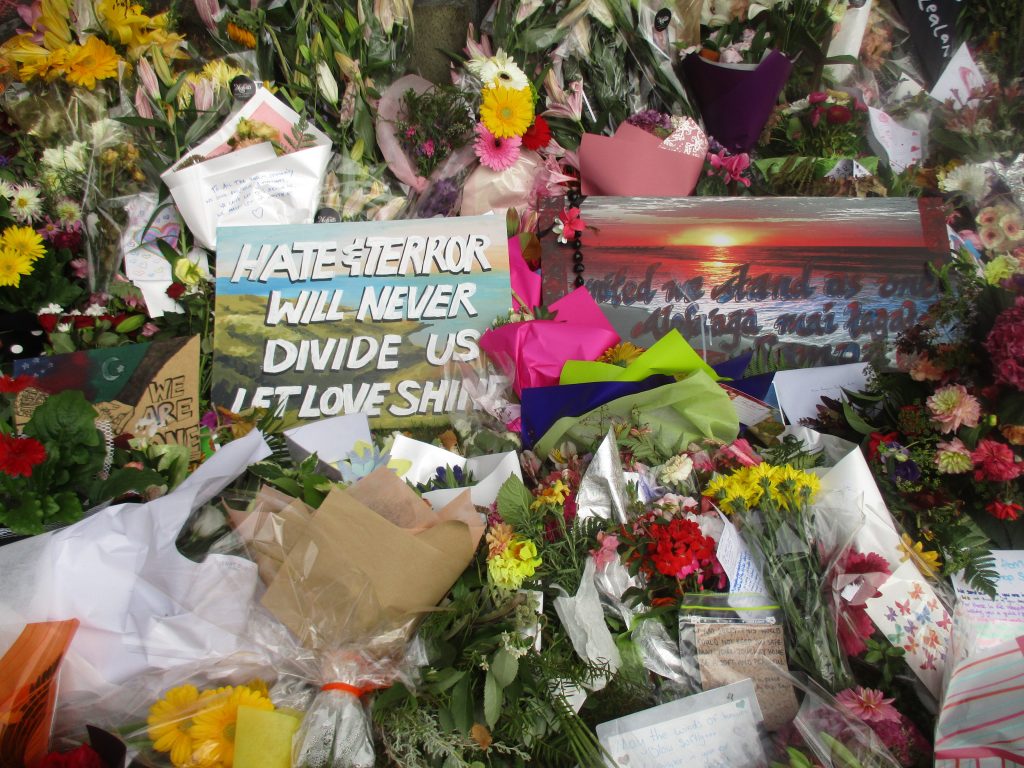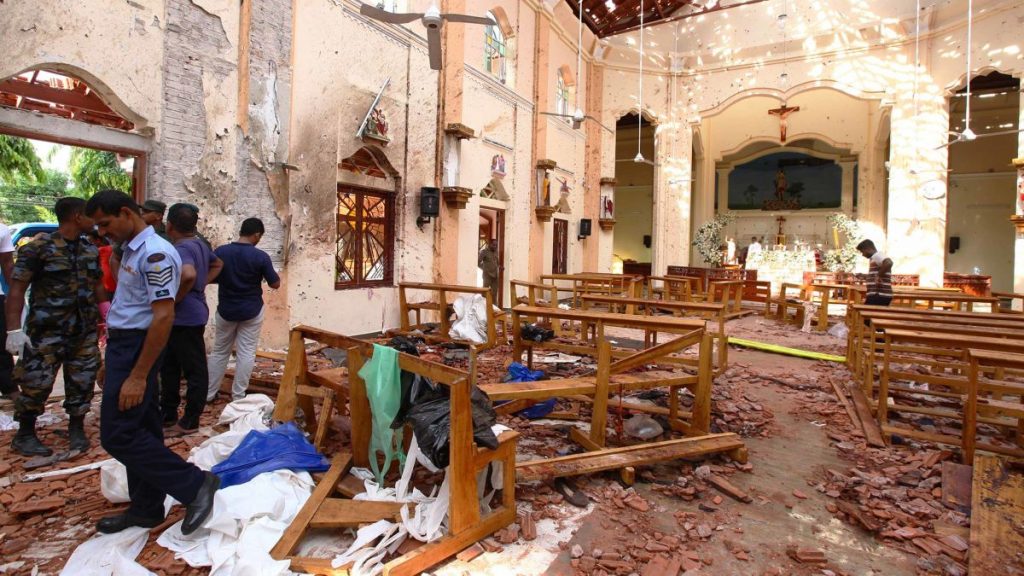Summary: The Royal Commission of Inquiry instituted into the Christchurch mosque shootings of March 2019 shows how the shooter Brenton Tarrant was able to elude detection by authorities by keeping a low profile and not telling anyone of his plans.
However, the report goes beyond the shooting incident and has inquired into the system of gun licenses which was prevalent in New Zealand. The report also blames the New Zealand’s intelligence agencies for being too focused on the threat posed by Islamic extremism at the expense of other threats including white supremacism.
The Royal Commission of Inquiry instituted into the Christchurch mosque shootings of March 2019 released on Tuesday, shows how the shooter was able to elude detection by authorities as he planned and executed his attack. The shooting which resulted in the killing of 51 Muslim worshippers in two nearby mosques had shocked the world.
A comprehensive 800-page report by the Royal Commission of Inquiry sheds light on how the gunman Brenton Tarrant (29) was kept a low profile and told nobody of his plans. The report constructs in detail the shortcomings of various agencies which could have averted the attack but also highlights that as there were no clear signs that the attack was imminent, the agencies were helpless. The only lead for the agencies was the manifesto sent out by Brenton just eight minutes before the shooting. The inquiry concluded that the lead came too late for agencies to respond.
However, the report goes beyond the shooting incident and has inquired into the system of gun licenses which was prevalent in New Zealand. The report faults the police system for granting gun licenses without taking into consideration the threats it could pose. The report blames the New Zealand’s intelligence agencies for being too focused on the threat posed by Islamic extremism at the expense of other threats including white supremacism.
The report makes 44 other recommendations to the government including establishing a new national intelligence agency.
NZ Prime Minister Jacinda Ardern responded to the inquiry report and said her government has agreed to implement all of the recommendations as she apologized for agency shortcomings. Ardern’s government had pushed through new laws banning ownership of several types of semiautomatic weapons immediately after the attack. She also said that her government is looking into a proposal for the police to better identify and respond to hate crimes and also plans to create an ethnic community ministry and a graduate programme for ethnic communities.
Response of Muslim community in NZ

The imam of the Al Noor Mosque which was one of the targets said the report confirmed that authorities had been overly suspicious of the Muslim community instead of protecting it, reports BBC . “We’ve known for a long time that the Muslim community has been targeted with hate speech and hate crimes – this report shows that we are right,” he told BBC. “The report shows that institutional prejudice and unconscious bias exists in government agencies and that needs to change.” He stressed that the changes recommended in the report should now be used to rebuild the trust between the Muslim community and the police.
As per the report in AP, Abdigani Ali, a spokesperson for the Muslim Association of Canterbury, told reporters in Christchurch that his community should have been kept safe. “The report shows that institutional prejudice and unconscious bias exists in the government agencies and needs to change,” he said.
The Islamic Women’s Council of New Zealand criticised the report for what they said was a lack of transparency. The BBC quotes the group which said”There are multiple areas of evidence that have not been investigated, and questions raised by IWCNZ have been ignored”. The group blamed the systemic failures for the attack. “We find it concerning that the commissioners found systemic failures and an inappropriate concentration of resources towards Islamic terrorism, and yet state that these would not have made a difference to the terrorist being detected prior to the event”, the group said.
On 15 March 2019, Brenton Tarrant attacked two mosques while streaming it live online. He first drove to the Al Noor mosque, firing on people taking part in Friday prayers. He then drove about 5km to the Linwood mosque and killed more people. The total killed was later revealed to be 51 people at both the locations. Brenton pleaded guilty to 51 counts of murder and faces life in prison without parole.
The attack prompted New Zealand to make swift changes to its gun laws. The government instituted the Royal Commission of Inquiry into the attack. It is the highest level of independent inquiry available under New Zealand law.The report took about 18 months to compile and contains interviews with hundreds of people including security agencies, Muslim community leaders and international experts.
Link to Sri Lankan Church Bombings

On 21 April 2019, Easter Sunday, three churches in Sri Lanka and three luxury hotels in the commercial capital, Colombo, were targeted in a series of coordinated Islamic terrorist suicide bombings. Later that day, there were smaller explosions at a housing complex in Dematagoda and a guest house in Dehiwala. A total of 267 people were killed.
On April 23rd, Sri Lanka’s defense minister had said Tuesday that the coordinated Easter Sunday attacks that killed at least 321 people were in retaliation for the recent Christchurch mosque massacre in New Zealand. “Extremist group named National Thowheed Jamaath carried out Sunday’s terror attacks in response to terror attacks in Christchurch,” Defense Minister Ruwan Wijewardene said.
The direct link between the two attacks has been questioned by New Zealand’s government and by some experts.
